The Mediterranean diet has long been lauded as one of the healthiest ways to eat, with an abundance of research supporting its benefits for heart health, longevity, and chronic disease prevention. But as the diet has gained popularity in the modern wellness landscape, questions about its flexibility and adaptability have emerged. Chief among these inquiries is a surprisingly common one: Is oatmeal part of the Mediterranean diet? This humble whole grain, cherished in many cultures for its health-promoting properties, seems like a perfect fit. Yet, its place within the traditionally Mediterranean culinary landscape is often debated. To understand oatmeal’s role in this time-honored dietary pattern, we must explore not just the historical roots of the Mediterranean diet but also its evolution, nutritional foundation, and how it accommodates global staples.
You may also like: Plant Based Diet vs Standard American Diet: What the Latest Studies Reveal About Long-Term Health Outcomes
Understanding the Mediterranean Diet’s Nutritional Framework
At its core, the Mediterranean diet is not just a list of foods but a lifestyle rooted in cultural heritage. Originating from the dietary habits of countries bordering the Mediterranean Sea, such as Greece, Italy, and Spain, it emphasizes plant-based foods, healthy fats, and whole grains. Central to the Mediterranean diet are vegetables, legumes, fruits, nuts, seeds, olive oil, and a modest intake of dairy, fish, and poultry. Whole grains play an essential role in this pattern, offering fiber, B vitamins, and sustained energy. The diet also prioritizes food quality and preparation methods that enhance both flavor and nutrition. Refined grains are minimized, while whole grains are celebrated. As such, the question isn’t so much “Is oatmeal on the Mediterranean diet?” as it is whether oatmeal meets the nutritional and cultural principles this diet promotes.
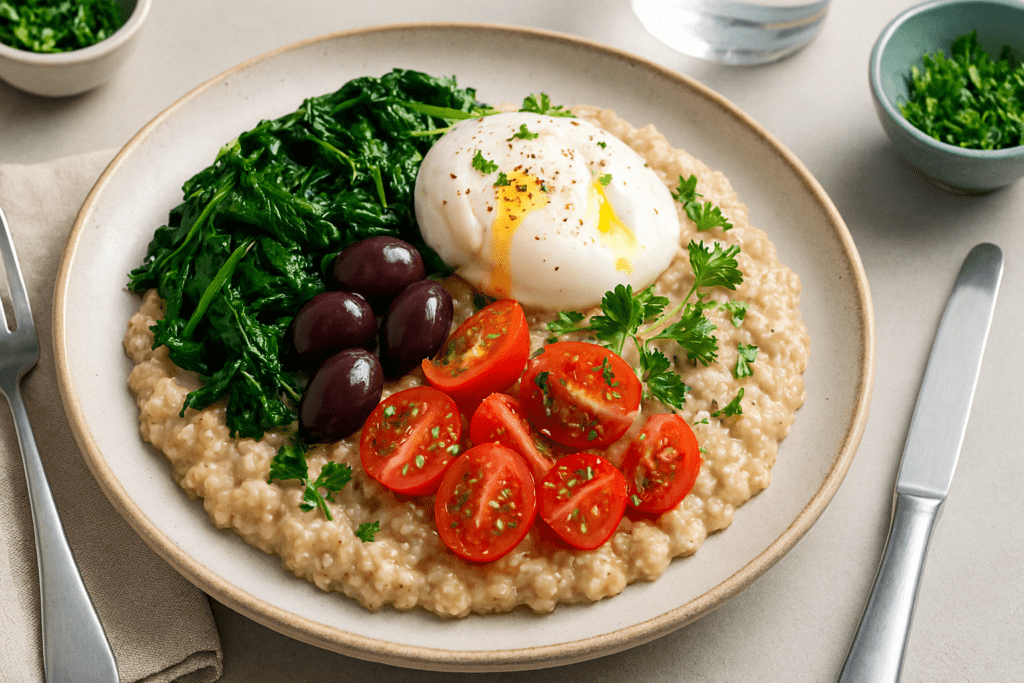
Whole Grains and the Mediterranean Diet: Where Oatmeal Fits In
Whole grains in the Mediterranean diet include barley, farro, bulgur, brown rice, and whole wheat. These grains are used in salads, stews, and breads, reflecting the rustic and unprocessed nature of Mediterranean cuisine. Oats, while not traditionally Mediterranean, share a similar nutritional profile with these grains. Rich in soluble fiber—especially beta-glucans—oats are known to help reduce LDL cholesterol, improve satiety, and stabilize blood sugar levels. This makes them an ideal choice for people looking to align with the health goals of the Mediterranean diet. Including oats, and by extension oatmeal, in a Mediterranean diet grocery shopping list is both logical and nutritionally sound. While not native to the region, oatmeal aligns with the diet’s core emphasis on minimally processed whole foods that support metabolic health.
Can You Eat Oatmeal on the Mediterranean Diet? An Expert Perspective
Nutrition experts increasingly advocate for a flexible interpretation of traditional diets, especially as global food systems evolve and dietary needs become more individualized. The consensus among registered dietitians and nutritional researchers is that you can eat oatmeal on the Mediterranean diet without compromising its integrity. In fact, oatmeal provides a convenient and versatile way to meet daily whole grain requirements. Whether topped with nuts, seeds, fresh fruit, or a drizzle of olive oil, oatmeal can be prepared in ways that honor Mediterranean principles. Moreover, including oatmeal helps diversify the grains in your diet, which supports gut health and micronutrient variety. So if you’re crafting your grocery list for the Mediterranean diet, oatmeal earns a well-deserved spot alongside staples like brown rice, farro, and bulgur.
Is Oatmeal Part of the Mediterranean Diet or Just a Healthy Add-On?
Some purists might argue that oatmeal is not part of the traditional Mediterranean diet due to its geographical and cultural origins. However, modern interpretations of the Mediterranean diet focus less on strict adherence to historical norms and more on nutritional value and culinary balance. When asking, “Is oatmeal part of the Mediterranean diet?” it’s helpful to shift the focus from geography to principles. The diet’s plant-forward nature, emphasis on fiber-rich foods, and preference for unprocessed ingredients all make oatmeal a compatible choice. Moreover, global diets have always evolved based on availability, trade, and innovation. Incorporating oatmeal isn’t a deviation but rather an example of how the Mediterranean diet can be adapted for contemporary, evidence-based eating.
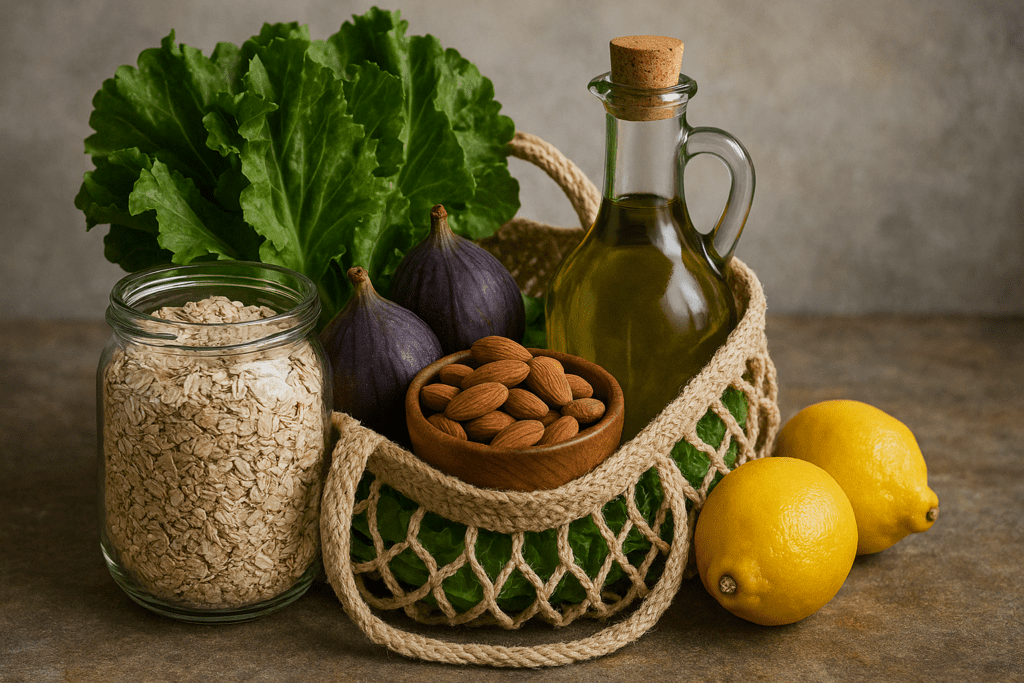
What Foods Are Not Allowed on the Mediterranean Diet?
To understand what can be included, it’s equally important to explore what foods are not allowed on the Mediterranean diet—or more accurately, which foods are discouraged. Highly processed foods, refined sugars, sugary beverages, and trans fats are minimized or eliminated altogether. Processed meats, fast food, and overly salty packaged snacks do not align with the Mediterranean philosophy. These foods contribute to inflammation, weight gain, and chronic disease. Therefore, the inclusion of oatmeal, which is minimally processed and nutrient-dense, clearly distinguishes it from foods to avoid on the Mediterranean diet. Oatmeal stands in nutritional contrast to items such as sugary breakfast cereals or white bread, reinforcing its legitimacy within this healthful pattern.
Are Bananas on the Mediterranean Diet? A Look at Fruit Choices
Fruit plays a central role in Mediterranean eating, offering fiber, antioxidants, and natural sweetness. The question “Are bananas on the Mediterranean diet?” reflects a broader curiosity about how tropical fruits fit into this European-rooted plan. While bananas aren’t historically Mediterranean, they are widely consumed in many countries and align well with the diet’s nutritional goals. Like oatmeal, bananas offer fiber and are often paired with whole grains for breakfast, such as in oatmeal bowls topped with sliced banana and walnuts. Bananas are not only allowed but encouraged, particularly as a replacement for processed snacks or desserts. Their inclusion alongside oatmeal further reinforces how flexible and inclusive the Mediterranean diet can be when focused on whole, nutrient-dense foods.
The Mediterranean Diet Grains You Should Know
Understanding the grains that define Mediterranean eating helps clarify oatmeal’s role within this tradition. Mediterranean diet grains include farro, barley, couscous, whole wheat, and brown rice. These grains are typically served in pilafs, soups, and salads, contributing complex carbohydrates, fiber, and plant-based protein. Is brown rice on the Mediterranean diet? Absolutely—brown rice is one of the most accessible and globally appreciated whole grains that fits the Mediterranean model. In the same vein, can you have rice on the Mediterranean diet? The answer is yes, especially when choosing unrefined versions like brown or wild rice. Oatmeal, while not regionally traditional, is nutritionally aligned with these grains and offers similar health benefits. Including oatmeal among Mediterranean diet grains is a logical extension of the diet’s whole-food philosophy.
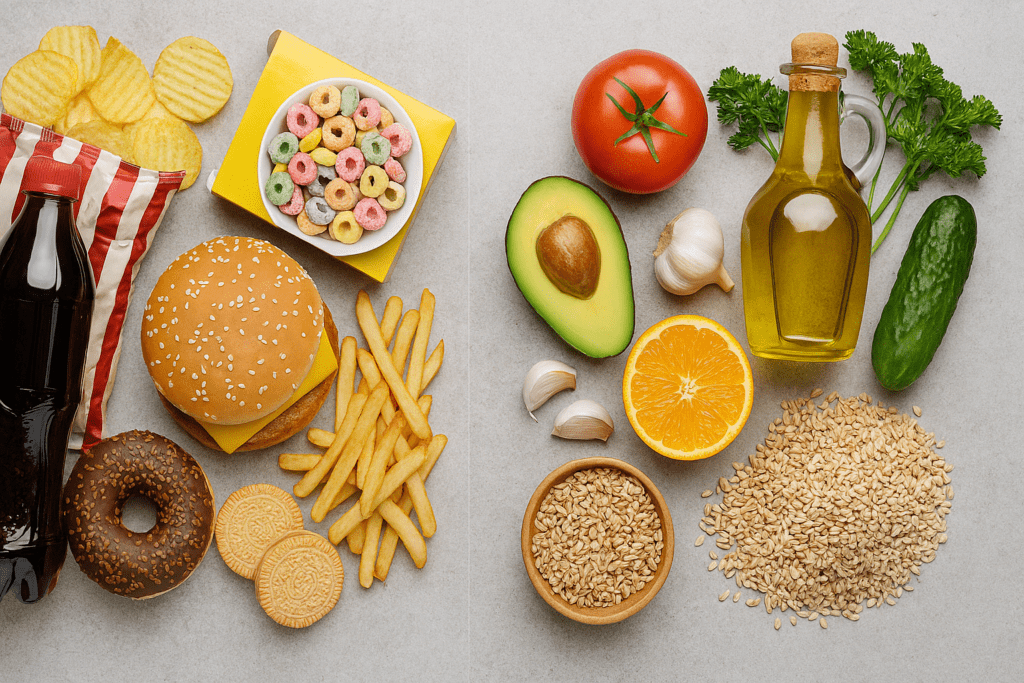
Can You Eat Potatoes on the Mediterranean Diet? Context Matters
Potatoes often spark debate when it comes to healthy eating. So, are potatoes on the Mediterranean diet? And more specifically, can you eat potatoes on the Mediterranean diet in a way that supports health goals? The answer lies in preparation and portion control. In Mediterranean countries, potatoes are commonly consumed in modest quantities and often roasted or boiled with olive oil and herbs. They are viewed not as empty calories but as a starchy vegetable that can be part of a balanced meal. Like oatmeal, when potatoes are prepared without deep-frying or heavy cream sauces, they align with the diet’s whole-food ethos. Understanding the context in which foods are consumed is key to discerning what puts on weight Mediterranean-style. It’s not the potatoes or the grains, but the frequency and manner of preparation that matter most.
Exploring the Mediterranean Diet Cheese List
Dairy is consumed in moderation in the Mediterranean diet, typically in the form of yogurt and cheese. The Mediterranean diet cheese list includes options like feta, Parmigiano-Reggiano, and ricotta, all enjoyed in small amounts and often used to enhance vegetable or grain dishes rather than dominate them. This restrained approach to cheese consumption supports the diet’s emphasis on plant-based nutrition. The occasional sprinkling of cheese on oatmeal—such as a savory bowl with feta, olives, and tomatoes—can add both flavor and nutritional value without disrupting the balance. Cheese, like all foods on the Mediterranean plan, is best viewed through the lens of moderation and synergy, where each ingredient supports overall dietary harmony.
Foods to Avoid on the Mediterranean Diet and How Oatmeal Compares
When evaluating whether oatmeal fits the Mediterranean pattern, it helps to revisit the list of foods to avoid on the Mediterranean diet. These include processed meats, sugary beverages, heavily refined grains, and artificial additives. Oatmeal, particularly steel-cut or old-fashioned varieties, is minimally processed and retains its nutrient profile. Unlike instant oatmeal packets laden with sugar and additives, plain oatmeal offers a blank canvas for Mediterranean-style enhancements like berries, chopped nuts, olive oil, or Greek yogurt. As such, oatmeal aligns more closely with the foods encouraged on the Mediterranean diet than those discouraged, particularly when prepared in a health-conscious manner.
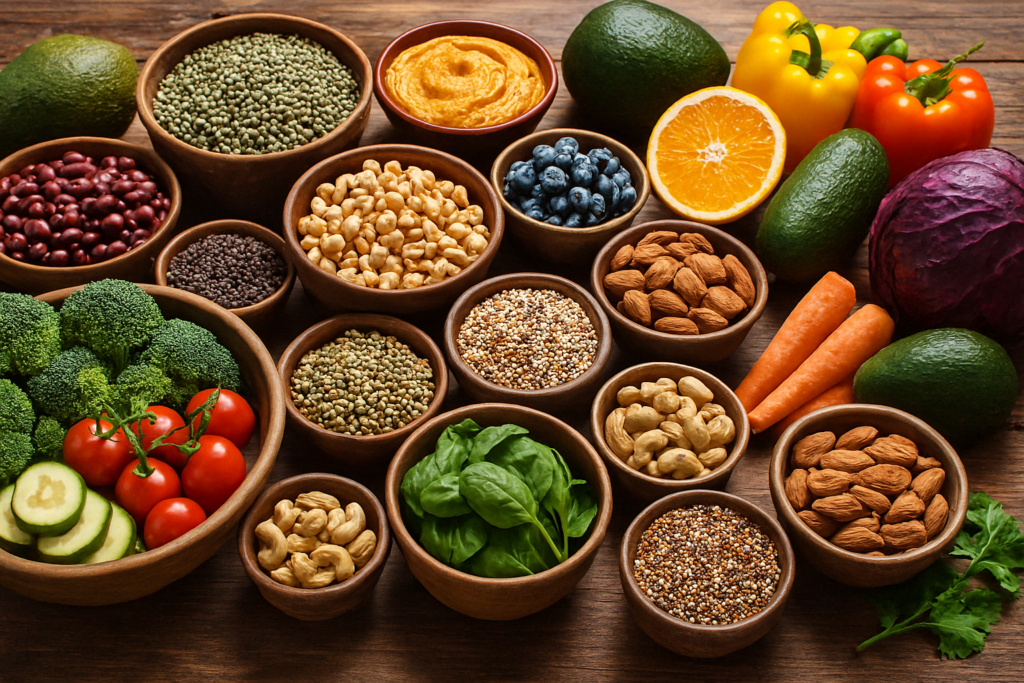
What Puts on Weight Mediterranean Style: The Role of Portion and Preparation
The Mediterranean diet is often praised for its ability to support a healthy weight, but like any dietary pattern, it is not immune to excess. Understanding what puts on weight Mediterranean-style requires looking at portion sizes, food quality, and lifestyle habits. Overeating calorie-dense foods like cheese, bread, and wine—even if they are Mediterranean staples—can lead to weight gain if not balanced with physical activity and mindful eating. Oatmeal, due to its high fiber content and ability to enhance satiety, may actually help prevent overeating. A bowl of oatmeal in the morning, when paired with fruit and healthy fats, can set a tone of nutritional adequacy that reduces the likelihood of snacking on less healthy options later in the day.
Integrating Oatmeal into Your Mediterranean Diet Grocery Shopping List
For those transitioning to or maintaining a Mediterranean-style eating plan, the grocery list becomes a powerful tool for dietary success. Including oatmeal in a Mediterranean diet grocery shopping list allows for greater meal variety, especially at breakfast. While many Mediterranean breakfasts traditionally include bread, olives, and cheese, modern adaptations embrace whole grains like oatmeal as a base for both sweet and savory meals. Combining oatmeal with ingredients such as figs, almonds, cinnamon, and a splash of extra virgin olive oil can yield a breakfast that is deeply satisfying and aligned with Mediterranean values. This level of intentionality in grocery shopping encourages consistency and long-term adherence to healthy eating habits.
Can You Have Rice on the Mediterranean Diet? A Comparative Perspective
Rice often raises questions among those new to Mediterranean eating. Can you have rice on the Mediterranean diet? Yes—but again, the focus should be on whole grain varieties like brown rice or wild rice rather than white rice. These versions provide fiber, B vitamins, and a slow-digesting carbohydrate source that supports blood sugar stability. Is brown rice on the Mediterranean diet? Without a doubt. Like oatmeal, brown rice is not only permissible but encouraged due to its whole-grain status. Including both brown rice and oatmeal in meal planning offers variety, satiety, and nutritional depth, supporting diverse gut flora and reducing the monotony that can lead to dietary fatigue.
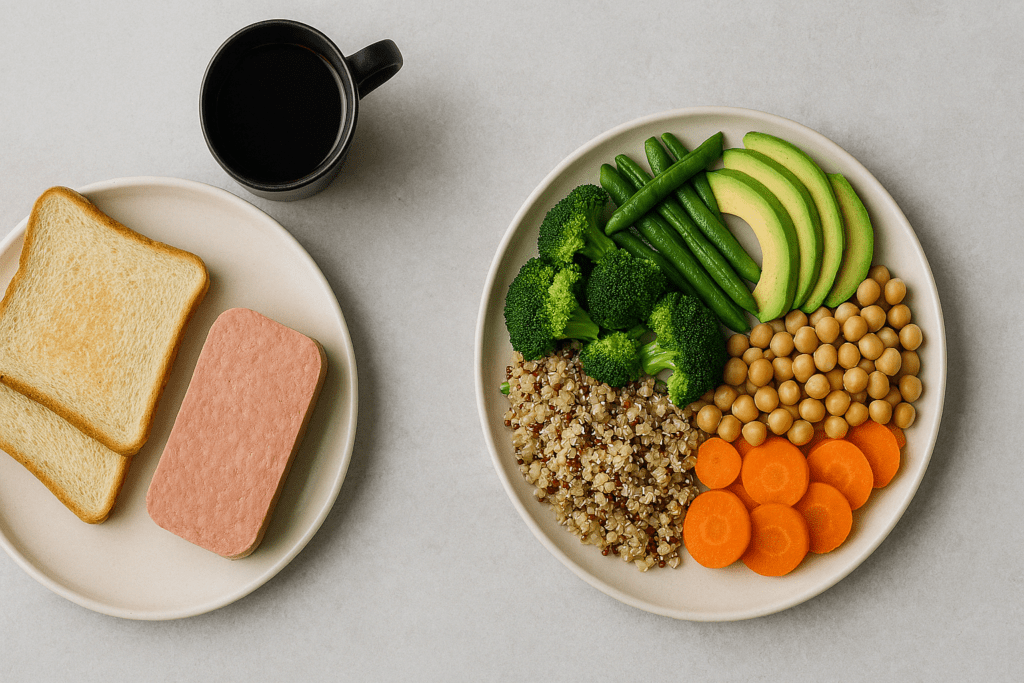
Reimagining Oatmeal with Mediterranean-Inspired Ingredients
One of the most exciting aspects of integrating oatmeal into the Mediterranean diet is the creative potential it offers. Oatmeal doesn’t need to be limited to breakfast or to sweet applications. Savory oatmeal bowls, infused with garlic, rosemary, roasted vegetables, and a drizzle of olive oil, can become hearty, fiber-rich meals. Toppings like chopped tomatoes, cucumbers, parsley, or even a poached egg reflect Mediterranean flavors and elevate oatmeal into a culturally resonant dish. This reimagining broadens the appeal of oatmeal and helps reinforce its place within a diet defined more by principles than by geography.
Why Oatmeal Belongs in a Plant-Based Mediterranean Eating Plan
The Mediterranean diet is increasingly being recognized as a model for plant-based eating. While not strictly vegetarian or vegan, it places a strong emphasis on foods derived from plants. Oatmeal, as a whole grain, fits seamlessly into this framework. It offers a reliable source of plant-based protein, supports digestive health, and serves as a vehicle for other Mediterranean staples like nuts, seeds, and fresh fruit. In a world where convenience often trumps quality, oatmeal represents an accessible and affordable option that upholds the Mediterranean diet’s integrity. For individuals seeking to adopt a more plant-forward lifestyle without sacrificing nutritional adequacy, oatmeal offers both familiarity and function.
How Oatmeal Supports Long-Term Adherence to the Mediterranean Diet
Sustainability is a critical but often overlooked component of dietary success. Including foods that are practical, affordable, and enjoyable increases the likelihood that individuals will maintain healthy eating patterns over time. Oatmeal checks all these boxes. Its versatility and simplicity make it an ideal foundation for a range of meals. More importantly, its nutritional density aligns with the Mediterranean diet’s health goals, offering fiber, iron, magnesium, and antioxidants. When health professionals are asked, “Can you eat oatmeal on the Mediterranean diet?” their affirmative answer often comes with a recommendation to prepare it in nutrient-dense, balanced ways. Oatmeal’s adaptability makes it a strategic addition for anyone seeking long-term dietary change.
Frequently Asked Questions: Oatmeal and the Mediterranean Diet
1. How does oatmeal support long-term adherence to the Mediterranean diet in busy lifestyles?
Oatmeal offers a unique advantage for those attempting to follow the Mediterranean diet in the context of modern, fast-paced living. Unlike many traditional Mediterranean dishes that may require preparation time or fresh market access, oatmeal is quick, accessible, and shelf-stable. When individuals add oatmeal to their Mediterranean diet grocery shopping list, they equip themselves with a reliable base for nutrient-rich meals that can be made in minutes. This practicality makes it easier to stay consistent with dietary goals, especially during busy work weeks. While is oatmeal on Mediterranean diet remains a question for some, its inclusion can actually be a linchpin in building sustainable eating habits that mirror Mediterranean values.
2. Can savory oatmeal dishes align with traditional Mediterranean flavor profiles?
Yes, and they offer a deliciously creative way to keep meals exciting. While most people associate oatmeal with sweet breakfasts, Mediterranean cuisine lends itself beautifully to savory flavor profiles. Think of oatmeal as a stand-in for grains like bulgur or farro. Adding ingredients such as sun-dried tomatoes, olives, sautéed spinach, and crumbled feta—all of which appear on a typical Mediterranean diet cheese list—can transform your morning bowl into a Mediterranean-inspired dish. This is one way that answering “Is oatmeal part of the Mediterranean diet?” can go beyond a nutritional discussion and become an exploration of culinary fusion.
3. What role does oatmeal play in balancing blood sugar levels on a Mediterranean plan?
Oatmeal’s high beta-glucan content makes it particularly beneficial for stabilizing post-meal blood sugar levels. While Mediterranean diet grains are generally low on the glycemic index, oats provide a unique advantage in managing insulin response, especially when paired with healthy fats like olive oil or nuts. For individuals at risk of type 2 diabetes or metabolic syndrome, adding oatmeal to the Mediterranean diet can serve a dual function: adherence to a traditional eating pattern and targeted metabolic support. This is particularly useful for those wondering, “Can you eat oatmeal on the Mediterranean diet?” with specific health conditions in mind.

4. How do cultural preferences affect whether oatmeal is included in a Mediterranean diet?
Cultural context plays a significant role in dietary choices, even within a flexible framework like the Mediterranean diet. While oats are not native to traditional Mediterranean regions, globalization and culinary exchange have broadened food availability. As a result, items like oatmeal are increasingly found in Mediterranean households, especially among younger generations. For people expanding their grocery list for Mediterranean diet adherence, this cultural evolution allows for greater diversity without sacrificing nutritional intent. So although is oatmeal on Mediterranean diet may once have seemed contradictory, modern cultural adaptation makes it not only possible but practical.
5. How can you build a Mediterranean diet grocery shopping list that includes oatmeal and remains balanced?
Creating a balanced Mediterranean diet grocery shopping list requires attention to variety and nutrient density. Alongside fresh produce, legumes, olive oil, and fish, incorporating oatmeal helps round out the selection of Mediterranean diet grains. Consider pairing oatmeal with fruits like apples, figs, or bananas (yes, are bananas on the Mediterranean diet is a common question, and the answer is yes) and topping it with Mediterranean-approved additions like almonds or tahini. This strategy enhances dietary fiber, heart-healthy fats, and overall satiety. Including oatmeal this way ensures it’s not just another item on your list, but a versatile tool for dietary consistency.
6. What should people avoid when preparing oatmeal on the Mediterranean diet?
The health benefits of oatmeal can be significantly diminished if it’s overly processed or prepared with sugary additives. Foods to avoid on the Mediterranean diet include refined grains and artificial sweeteners, both of which often sneak into flavored instant oatmeal varieties. Instead, choose steel-cut or old-fashioned oats and flavor them with natural ingredients like cinnamon, citrus zest, or a drizzle of honey. When deciding, “Is oatmeal part of the Mediterranean diet?” how it’s prepared is just as important as the ingredient itself. The closer it is to its natural state, the more aligned it is with Mediterranean values.
7. Are potatoes on the Mediterranean diet, and how do they compare to oatmeal as a carbohydrate source?
Potatoes do appear in Mediterranean cuisine, but typically in smaller portions and often with their skins intact to preserve fiber content. Can you eat potatoes on the Mediterranean diet? Absolutely, particularly when baked or roasted with herbs and olive oil rather than fried. However, oatmeal tends to offer more soluble fiber, which has unique benefits for cholesterol management and gut health. Including both potatoes and oatmeal in your diet can diversify your carbohydrate sources, provided they are prepared with minimal added fats and sugars. This comparison helps clarify the broader question of what puts on weight Mediterranean-style, which usually relates more to cooking methods and excess intake than to the ingredients themselves.
8. Is brown rice on the Mediterranean diet, and how does it compare to oatmeal in terms of nutrient absorption?
Brown rice is indeed part of the Mediterranean diet and offers robust amounts of manganese, selenium, and magnesium. When asking, “Can you have rice on the Mediterranean diet?”, it’s important to prioritize whole grain options like brown or wild rice over white varieties. Brown rice and oatmeal are similar in fiber content but differ in digestibility and cooking applications. Oatmeal often digests more slowly due to its soluble fiber, making it ideal for blood sugar regulation. While both grains are staples on a Mediterranean diet grocery shopping list, alternating between the two can provide a richer nutrient profile and prevent culinary monotony.
9. Why are bananas considered acceptable on the Mediterranean diet despite not being regionally traditional?
The question “Are bananas on the Mediterranean diet?” highlights how tradition meets modern nutrition. While bananas are not indigenous to the Mediterranean basin, they are nutrient-dense and widely available in global markets. Their high potassium content, natural sweetness, and versatility make them an excellent pairing for Mediterranean diet grains like oatmeal or brown rice. Including bananas also helps reduce dependence on processed snacks or desserts, which are clearly among the foods to avoid on the Mediterranean diet. Their inclusion underscores the Mediterranean diet’s flexibility, especially when approached from a nutritional rather than purely historical standpoint.
10. What lesser-known cheeses can be used to add flavor to Mediterranean-style oatmeal?
Exploring the Mediterranean diet cheese list can open the door to creative oatmeal recipes that go beyond the standard breakfast bowl. While feta is a popular choice, lesser-known options like Mizithra (a Greek whey cheese) or Tuma (a Sicilian soft cheese) can add nuanced flavor to savory oatmeal preparations. These cheeses are typically lower in sodium and made from goat or sheep milk, aligning well with Mediterranean principles. Adding them in moderation to oatmeal can create meals that are both satisfying and culturally inspired. This kind of experimentation enriches the answer to “Is oatmeal part of the Mediterranean diet?” by showcasing its adaptability to various traditional flavors.
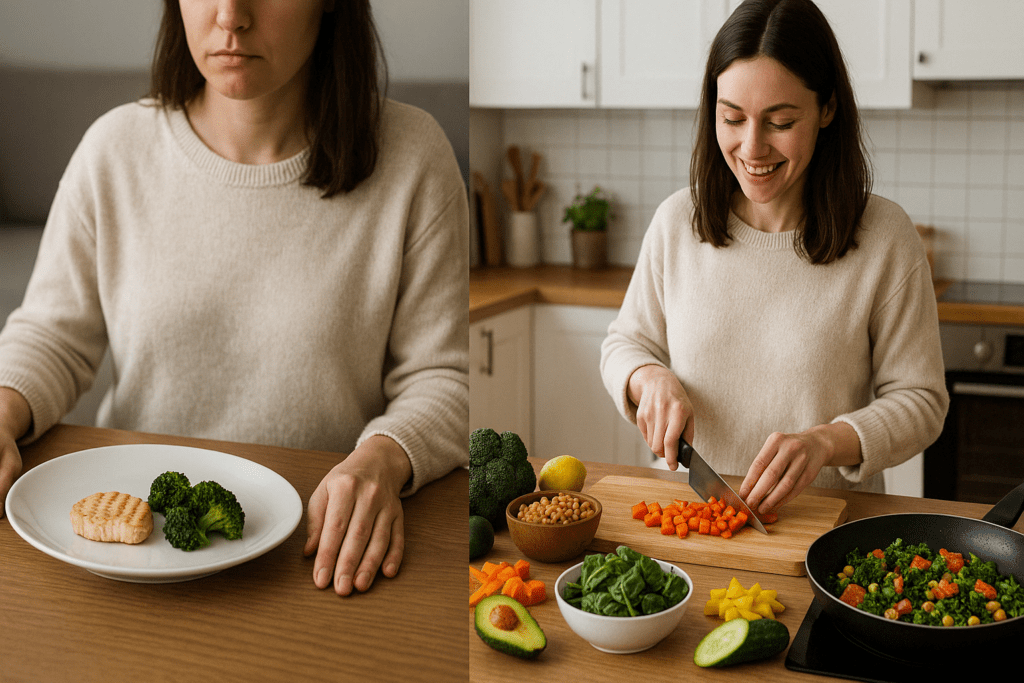
Bringing It All Together: Is Oatmeal Part of the Mediterranean Diet?
So, is oatmeal part of the Mediterranean diet? While it may not be historically endemic to the region, it embodies the values and nutritional priorities that define Mediterranean-style eating. By focusing on whole grains, plant-based meals, and minimally processed ingredients, oatmeal contributes to the diet’s health-promoting potential. It complements other Mediterranean diet grains and offers a modern, globally accessible option for diverse populations seeking to eat better. Whether you are asking, “Can you eat oatmeal on the Mediterranean diet?” or simply wondering how to optimize your Mediterranean diet grocery shopping list, the inclusion of oatmeal is both practical and nutritionally justified. In a world where dietary flexibility is increasingly necessary, oatmeal proves that even nontraditional foods can hold a rightful place in traditional eating patterns when guided by principles of balance, quality, and whole-food nutrition.
Was this article helpful? Don’t let it stop with you. Share it right now with someone who needs to see it—whether it’s a friend, a colleague, or your whole network. And if staying ahead on this topic matters to you, subscribe to this publication for the most up-to-date information. You’ll get the latest insights delivered straight to you—no searching, no missing out.
Further Reading:
To ‘stay healthy and strong,’ a dietician eats these 5 staple foods of the Mediterranean diet
Mediterranean Diet 101: A Meal Plan and Beginner’s Guide
Disclaimer
The information contained in this article is provided for general informational purposes only and is not intended to serve as medical, legal, or professional advice. While NewsHealthWatch strives to present accurate, up-to-date, and reliable content, no warranty or guarantee, expressed or implied, is made regarding the completeness, accuracy, or adequacy of the information provided. Readers are strongly advised to seek the guidance of a qualified healthcare provider or other relevant professionals before acting on any information contained in this article. NewsHealthWatch, its authors, editors, and contributors expressly disclaim any liability for any damages, losses, or consequences arising directly or indirectly from the use, interpretation, or reliance on any information presented herein. The views and opinions expressed in this article are those of the author(s) and do not necessarily reflect the official policies or positions of NewsHealthWatch.

